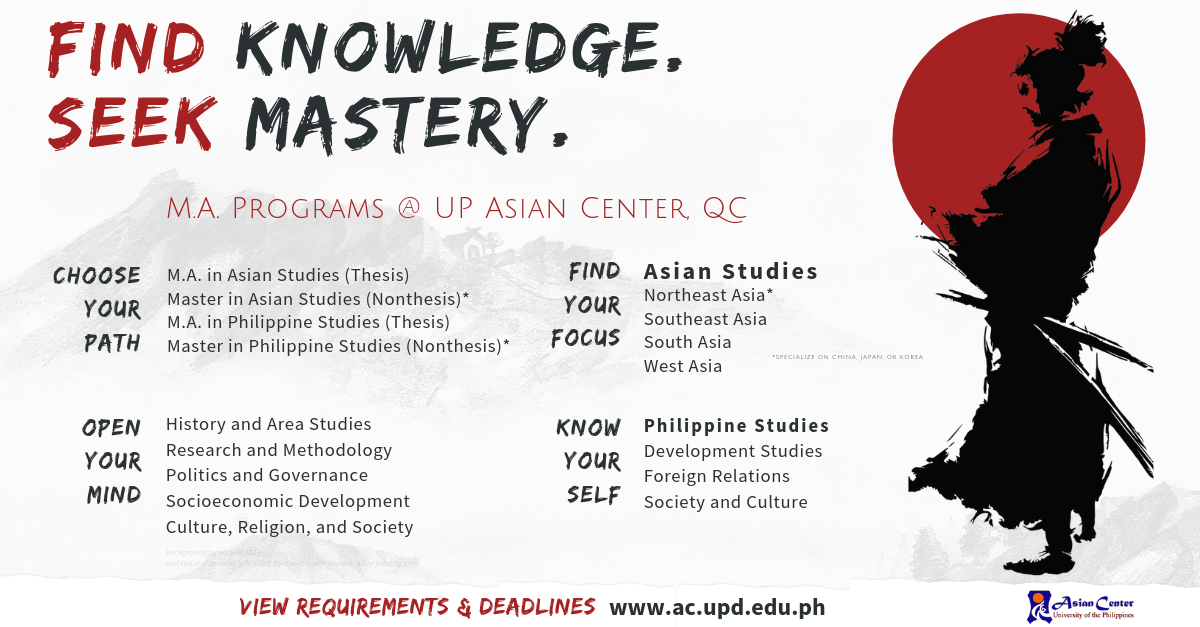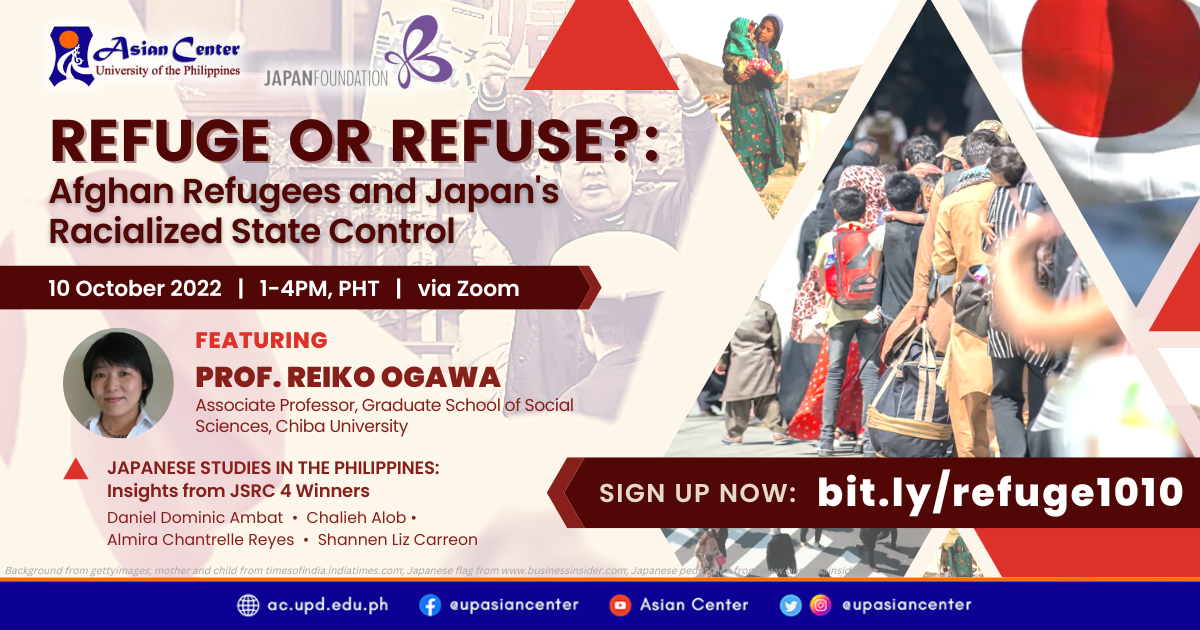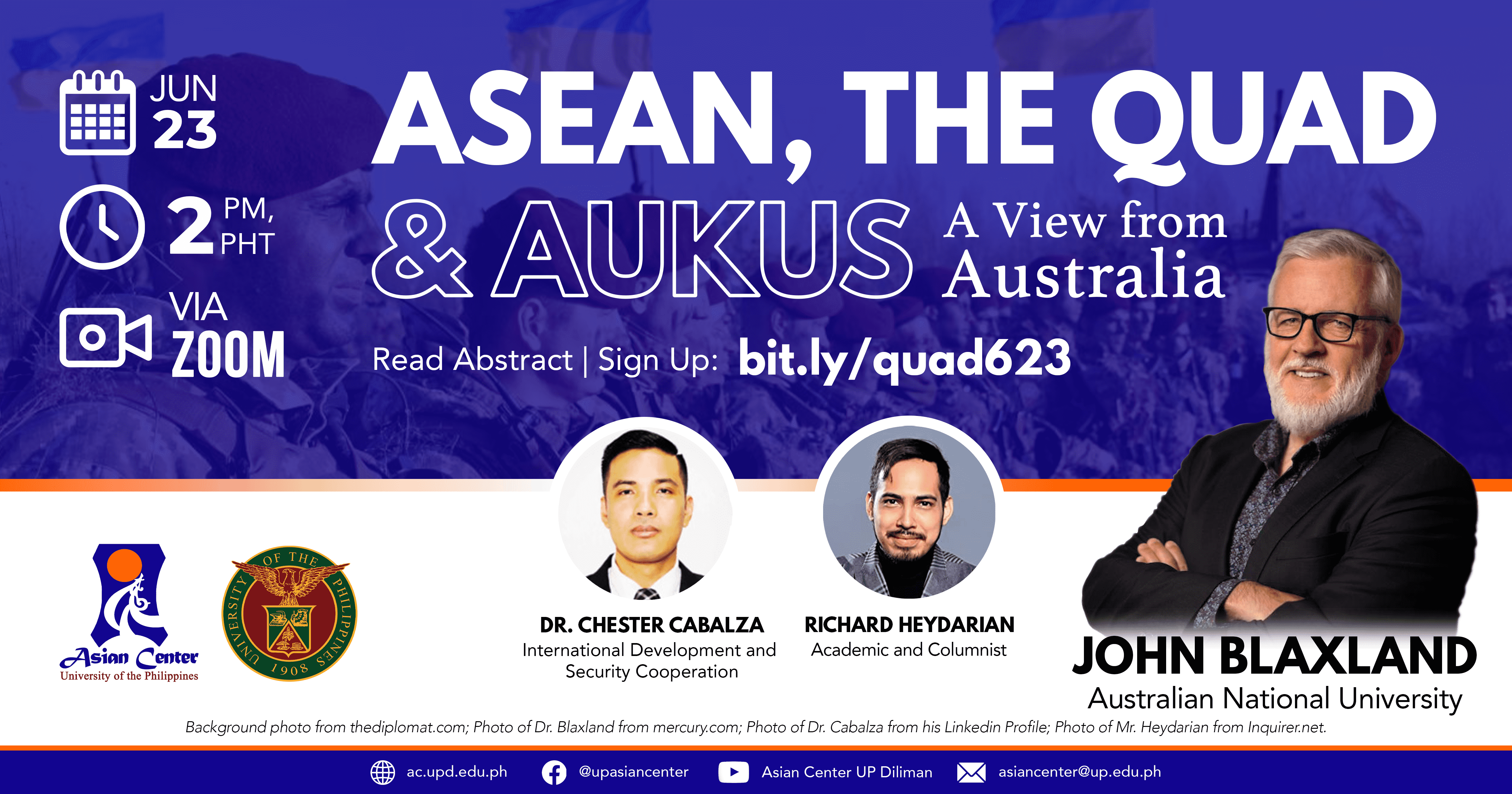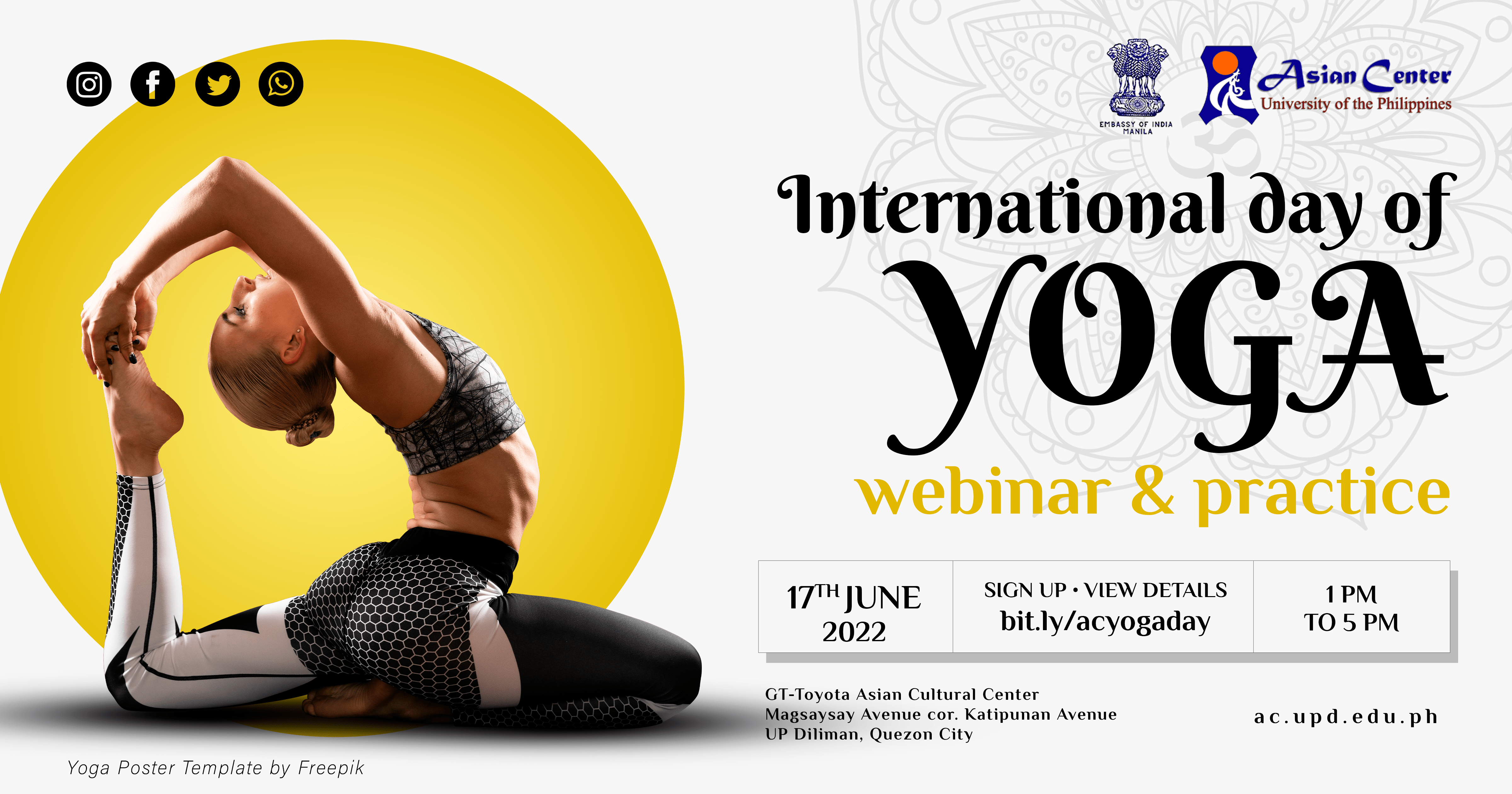The UP Asian Center in partnership with the Global Korea Scholarship Philippines Alumni Association (GKS-PHAA) hosted a webinar, “Afghan Refugees and Multiculturalism in Korea” on 25 October 2021, 9:30 a.m.–12 noon, Philippine Standard Time.
About the Webinar
The Taliban’s takeover of the Afghan government and the complete evacuation of the US forces in Afghanistan on 30 August 2021 led to displacement and a humanitarian crisis. Thousands of Afghans were desperate to leave the country. Countries like Germany and the United States welcomed the Afghan refugees. In Northeast Asia, the Moon Jae In government of South Korea also opened up to their so-called “Afghan friends” as part of the its international commitment and responsibility.
Not all Koreans however, welcome this. Many are suspicious of the refugees fearing that they may be Taliban sympathizers and terrorists. These types of situations have always challenged multiculturalism in Korea. How have Koreans addressed refugees like the Afghans in their country? How have foreigners shaped the socio-cultural landscape of Korea? What are the reasons and factors that hinder and/or facilitate the practice of multiculturalism in Korea? With their ‘Afghan friends’ in the country now, how can the Korean government stand by its international commitment while at the same time deal with the suspicions/skepticisms of many of its citizens?
These are but a few of the questions the webinar aims to address, but it also goes beyond merely answering such queries. It aims to provide the history of refugees and identify and analyze salient features of multiculturalism in Korea. It also aims to stimulate the discourse and scholarship on refugees and the various factors affecting migration in general.
VIEW REGISTRATION and IN-WEBINAR REMINDERS
The Speaker
Eui Hang Shin is a distinguished Professor Emeritus in the Department of Sociology, University of South Carolina, Columbia, South Carolina and Visiting Research Fellow, Asia Center, Seoul National University. His areas of interest are the political demography of Korea and international higher education. He has published nearly 70 articles in journals such as Amerasia Journal, American Educational Research Journal, American Sociologist, and the International Journal of Korean Studies. His recent publications include Undergraduate Education at Prominent Institutions of Higher Education in the United States, United Kingdom, and Japan (2017). He received BA in Sociology from Seoul National University in 1964, MA in Demography from University of Pennsylvania in 1968, and Ph.D. in Demography from the University of Pennsylvania in 1971.
About the Reactors
To give their remarks are Atty. Melvin Suarez, State Counsel of the Department of Justice, Republic of the Philippines and a speaker (to be confirmed) from the United Nations Commission on Human Rights.
For inquiries, please email This email address is being protected from spambots. You need JavaScript enabled to view it..
The UP Asian Center offers M.A. programs in Asian Studies with specialization on Korea. The program includes courses on the country's politics and governance, social and economic development, and culture and society. Application period for the February 2022 intake ends 19 November 2021. View requirements.
The UP Asian Center offers M.A. degrees in Asian Studies with four fields of specialization: Northeast Asia, Southeast Asia, South Asia, and West Asia. The Center also has an M.A. program in Philippine Studies that allows students to major in Philippine society and culture, Philippine foreign relations, or Philippine development studies. The Center offers a Ph.D. program in Philippine Studies in conjunction with the College of Arts and Letters and the College of Social Sciences and Philosophy. For an overview of these graduate programs, click here. The Asian Center also publishes Asian Studies: Journal of Critical Perspectives on Asia, the latest issue of which can be downloaded at the journal's website. For other news and upcoming events at the Asian Center, click here.







